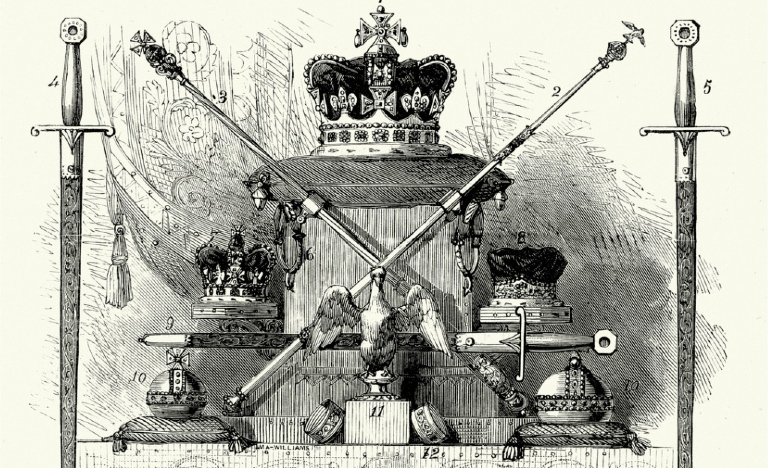A seamless transition
The demise of the Crown is about continuity, though it will take some getting used to, following the Queen's long reign, as every QC is now a KC.

The demise of the Crown—the legal term to describe the transfer of authority following the death of Queen Elizabeth II to King Charles III—is really about continuity. In Canadian law, nothing much changes except for a few names, and those happen automatically.
Because the Crown acts as a corporation sole, “[i]t allows for a seamless transition,” says Philippe Lagassé, the Barton Chair at the Norman Patterson School of International Affairs at Carleton University, who studies the Crown and executive power in Westminster democracies. “It effectively creates a fictional legal personality that is basically an office that has two capacities—the natural one, which changes over time, and the legal one, which stays the same. Anything that is owned, decided, or involves the legal personality, is unaffected by changes in the natural person that personifies the legal personality.”
The purpose of this arrangement is to leave no doubt that references in law, the constitution, or contracts to the sovereign are considered and understood to apply to the legal personality, and not the natural person, says Lagassé.
It would be false to claim that specific laws or contracts or the constitution itself don’t provide for the king, Lagassé says. “By the same token, oaths of allegiance or citizenship are oaths to the legal personality, and therefore still apply and are binding, and are understood to be meaningful, in spite of the fact that it’s a different natural person.”
Where oaths refer to the Queen and her heirs and successors, Lagassé notes that the heirs refer to the natural personality and successors to the legal personality.
House of Commons Speaker Anthony Rota, in his statement about the Queen’s Passing, noted that this does not affect the oaths sworn by MPs.
“Members of Parliament will not need to renew their oath of allegiance,” Rota wrote. “Provisions included in the Interpretation Act ensure that allegiance is automatically extended to our new sovereign. Furthermore, the passing of Her Majesty The Queen does not bring an end to the current parliamentary session or cause the dissolution of Parliament.”
Historically, there was a practice of dissolution, which has fallen into disuse after changes to the Parliament of Canada Act. Occasionally, cabinet ministers may wish to swear new oaths to the new monarch, but it is not necessary under the law.
The Interpretation Act also provides that legislation automatically switches references from the Queen to the King, and any other related changes necessary.
For the legal community, styles and titles change automatically—Queen’s Counsel become King’s Counsel. Under the federal Interpretation Act, and provincial equivalents, superior courts in New Brunswick, Manitoba, Saskatchewan, and Alberta become known as Courts of King’s Bench automatically. Henceforth, the Crown in criminal cases will be named “His Majesty the King vs. [XYZ]” in the style of cause.
Also noteworthy, the Chief Justice of the Supreme Court of Canada Richard Wagner will play a role in the upcoming commemorations. As the Governor General heads to London to represent Canada, the Chief Justice, in his role as Deputy of the Governor General, will act in her place at commemorations in Canada.
Other changes will become apparent over the coming months—the Royal Canadian Mint will strike new coins with an effigy of King Charles. The Bank of Canada will also work on a new series of $20 banknotes featuring Charles III. Canada Post will also issue new stamps featuring the King.


